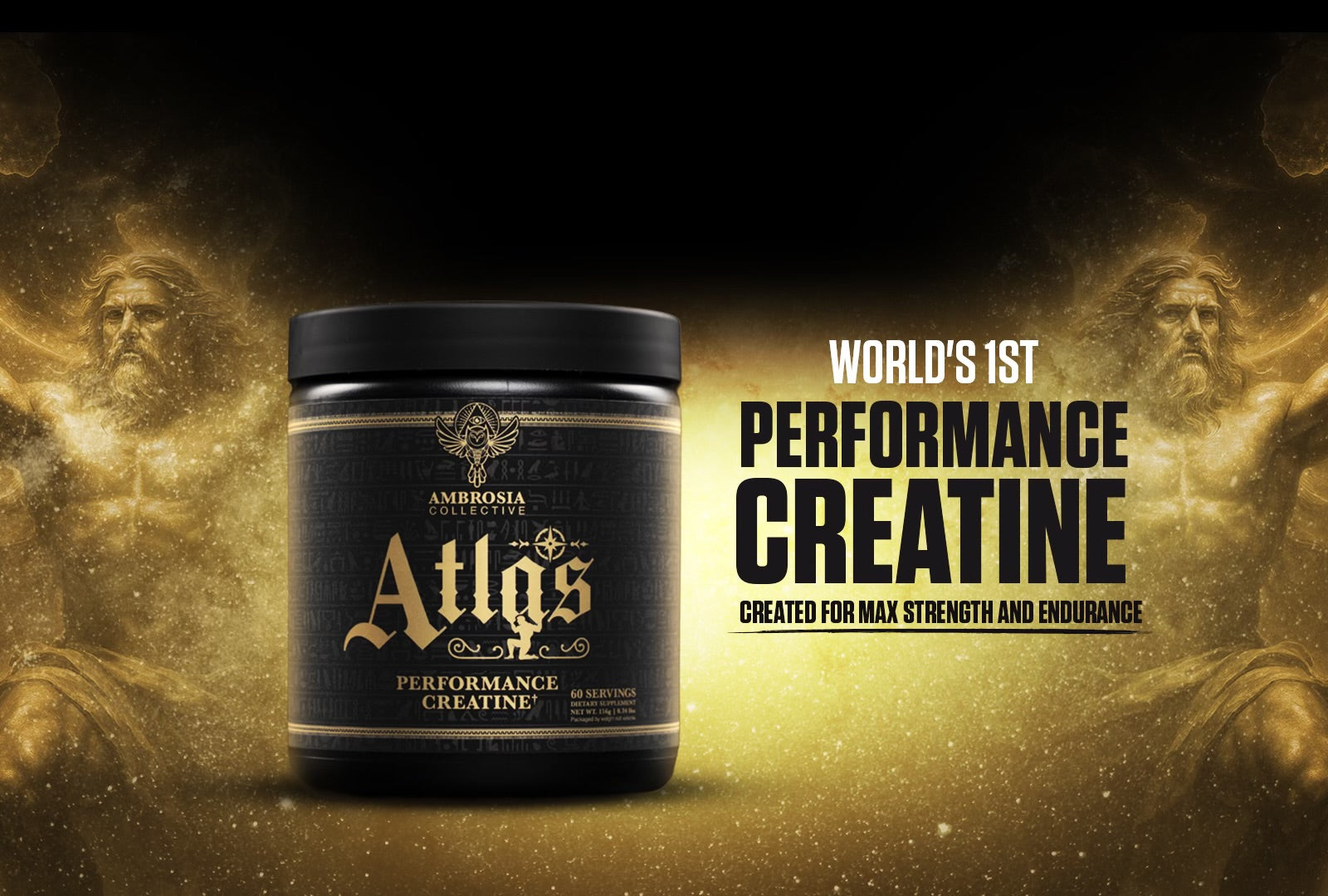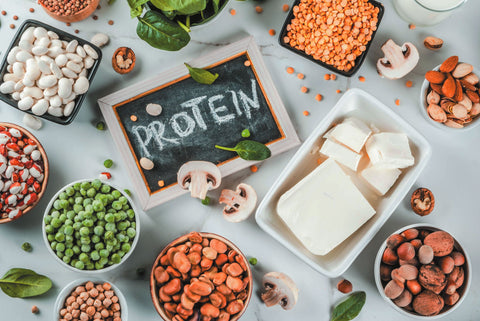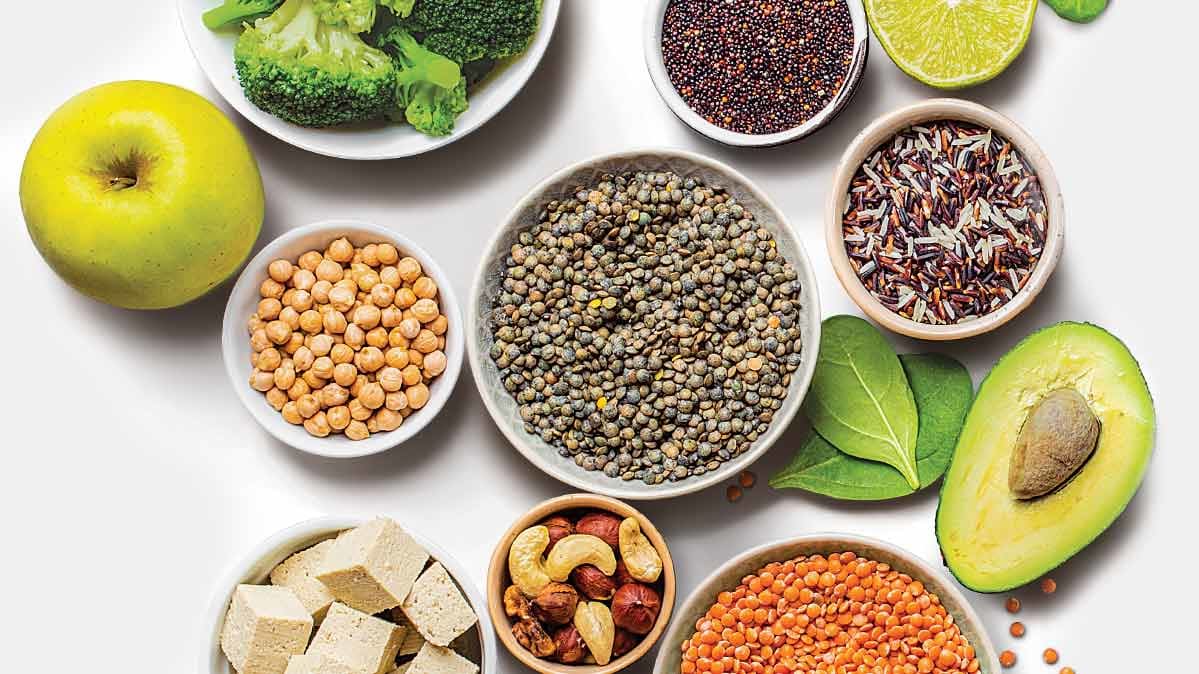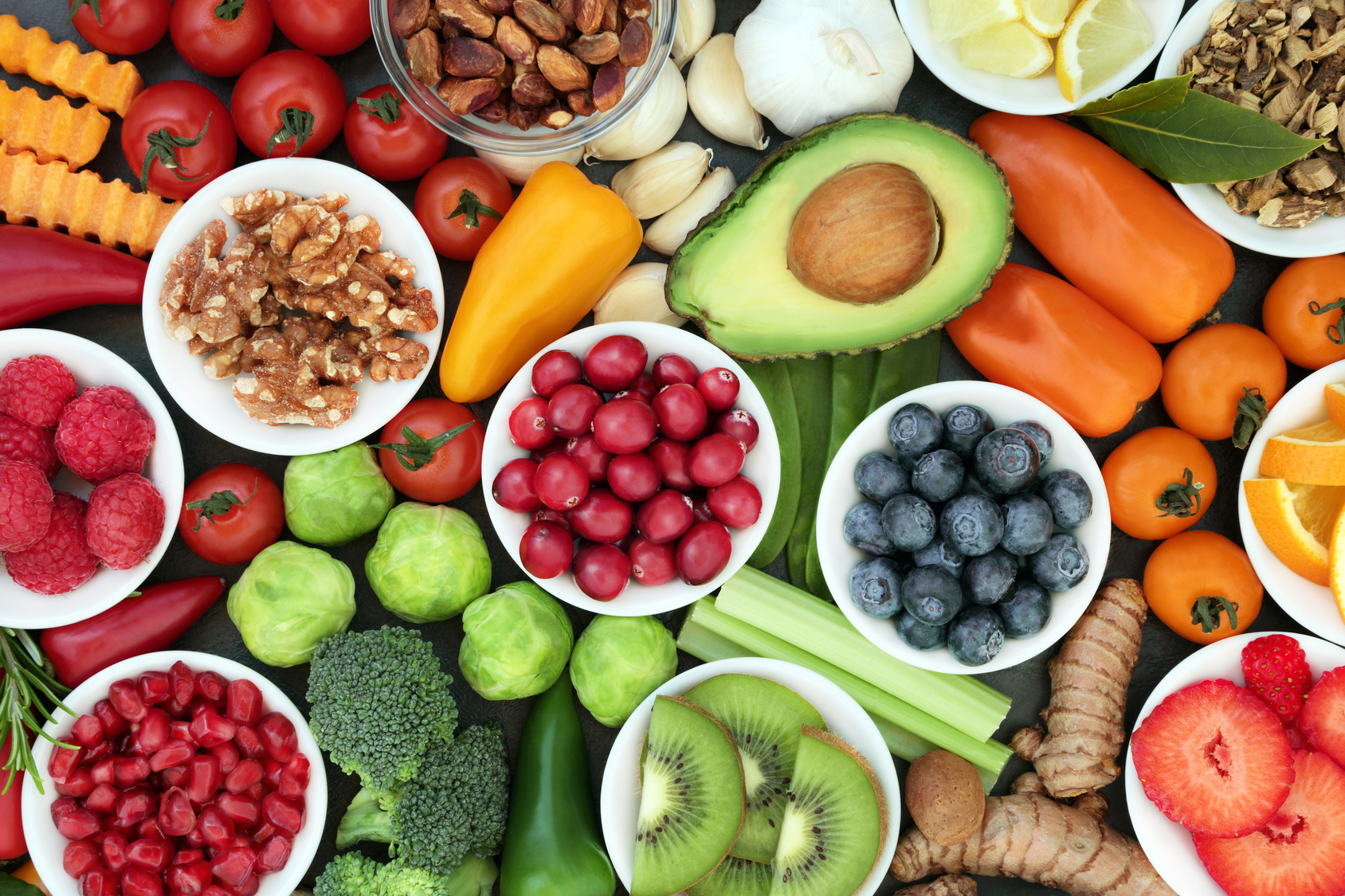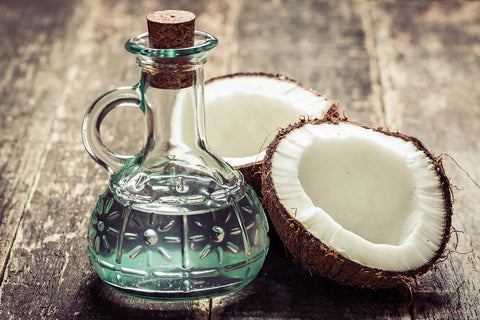The COVID-19 global pandemic has caused a ripple effect of changes to occur throughout society. Aspects of everyday life have shifted as people adopt changes within schools, offices, stores, and more. People have even begun to modify their dietary habits as a result of the coronavirus outbreak.
Hi, I’m Sean Torbati. As the world continues to shift on a daily basis, people are adapting to a newfound sense of “normal.” Social distancing has impacted the world around us in ways never before imagined—even our food supply.
As a result of virus outbreaks, pork and beef factories have temporarily closed their doors due to impending health concerns. As meat shortages continue in America, more people are turning to plant-based alternatives on grocery store shelves. Although recent years have seen a tremendous rise in plant-based diets, the closure of meat plants has exponentially compounded the effect.
Grocers and retailers are limiting meat purchases to help prevent hoarding and price gouging. As a result, alternative plant-based products are being produced as viable consumer alternatives. Plant-based foods are being sold in record numbers to help offset fluctuations in meat production.
People are substituting meat sources for plant-based alternatives in order to help supplement protein dietary needs. While some question the efficacy of plant-based meat sources, the truth is they may actually have substantially better health benefits.

Why are People Switching to Plant-Based Protein?
Plant-based meat alternatives have existed within the consumer marketplace for a long time, but their appeal has increased tremendously over recent years. Restaurants across the country have started offering meat alternatives in the form of impossible burgers or beyond meat.
Recent weeks have seen meat production facilities close resulting in a decreased supply of beef and pork. These shortages have caused increased prices due to limited supplies. The coronavirus has impacted supply chains for consumer goods such as toilet paper and cleaning products. Now, food supply is changing at a national level.
Although many people are unfamiliar with plant-based meat alternatives, more people are consuming them as a regular part of their diet. Let’s take a look at some of the benefits associated with plant-based protein sources.

Plant Protein Linked to Longer Lifespan
Plant-based protein options can provide a number of health benefits. A recent study performed on over 70,000 men found that consumption of plant-based protein may help contribute to improved long-term health and longevity (1). Data was collected over the course of eighteen years and subjects consuming plant-based proteins were less likely to develop cardiovascular disease or cancer.
Another larger study looked at over 131,000 participants over a 26 year period and found that high animal protein intake was positively correlated with cardiovascular mortality (2). Substitution of plant-based protein for meat sources was associated with lower mortality.
While both of these studies also take lifestyle factors into account, it’s important to note that food choice may be important beyond a macronutrient level. Although two foods may contain similar nutritional contents, food choice may play a pivotal role in overall health.
Anabolic Properties of Plant-Based Products
Meat based products have been protein dietary staples for decades. The traditional bodybuilder diet has always consisted of meat, rice, and vegetables. For years people have believed that meat protein was superior to plant-based options due to it’s anabolic effect. New research has shown that plant-based sources may actually be comparable to meat and dairy protein sources.
One study looked at the effects of whey or rice-based protein on body composition and performance over an eight week period. College-aged resistance trained males were divided into two groups that consumed either 48g of rice or whey protein. Body composition and perceived recovery metrics were analyzed every four weeks (3). The results showed that both groups maintained similar performance and body composition during this time.
Several bodybuilders and athletes have effectively transitioned to full plant-based diets while retaining performance and body composition metrics. Diets should be tailored to best fit the needs of specific individuals.
Better Nutritional Profile
Plant-based protein typically has a better nutritional profile than meat-based counterparts. In general, plant-based foods contain a number of nutrients such as dietary fiber, vitamins, minerals, and phytochemicals. Plant-based options have also been proven to lower the risk of developing metabolic syndrome, help manage diabetes, prevent cancer, and aid in weight management (4).
Some of the best high-protein, plant-based food options include:
- Tofu
- Chickpeas
- Lentils
- Beans
- Almonds
- Quinoa
- Broccoli
- Kale
- Various types of nuts
Plant-based protein options may contain significantly less protein, so people should ensure they’re eating a well-balanced diet to adequately meet all dietary needs. As people continue to shift towards plant-based protein, more foods will be brought to the marketplace.

Should You be Worried about a Meat Shortage?
There is currently an impending meat shortage in America due to temporary factory closures. Although it may only last briefly, it will likely have a substantial effect on the meat supply chain. As more plant-based alternatives appear on supermarket shelves, individuals should seek out viable alternatives to include within their diets.
Plant-based protein alternatives provide a number of health benefits not readily available in conventional meat sources. Having a variety of protein sources within your diet can help ensure you satisfy all macro and micronutrient needs.
Over the past several years, I’ve increasingly used plant-based options readily as part of my dietary regimen. Although I still consume meat, I try my best to supplement protein needs using a variety of plant-based options. No diet is a one-size-fits-all and people must tailor dietary needs towards their specific lifestyle.
If you have any questions about switching to a plant-based diet, feel free to reach out to me for additional information and guidance. I’m here to help you make positive lifestyle choices throughout your everyday life. Let’s continue to grow and improve physically and mentally.
Kindest regards,
Sean Torbati - PN Certified Nutritionist | EXOS Phase 3 Training Specialist
Co-Founder, Ambrosia Collective
References:
- https://jamanetwork.com/journals/jamainternalmedicine/article-abstract/2748453
- https://jamanetwork.com/journals/jamainternalmedicine/fullarticle/2540540
- https://nutritionj.biomedcentral.com/articles/10.1186/1475-2891-12-86
- https://academic.oup.com/nutritionreviews/article-abstract/77/11/735/5536191?redirectedFrom=fulltext








